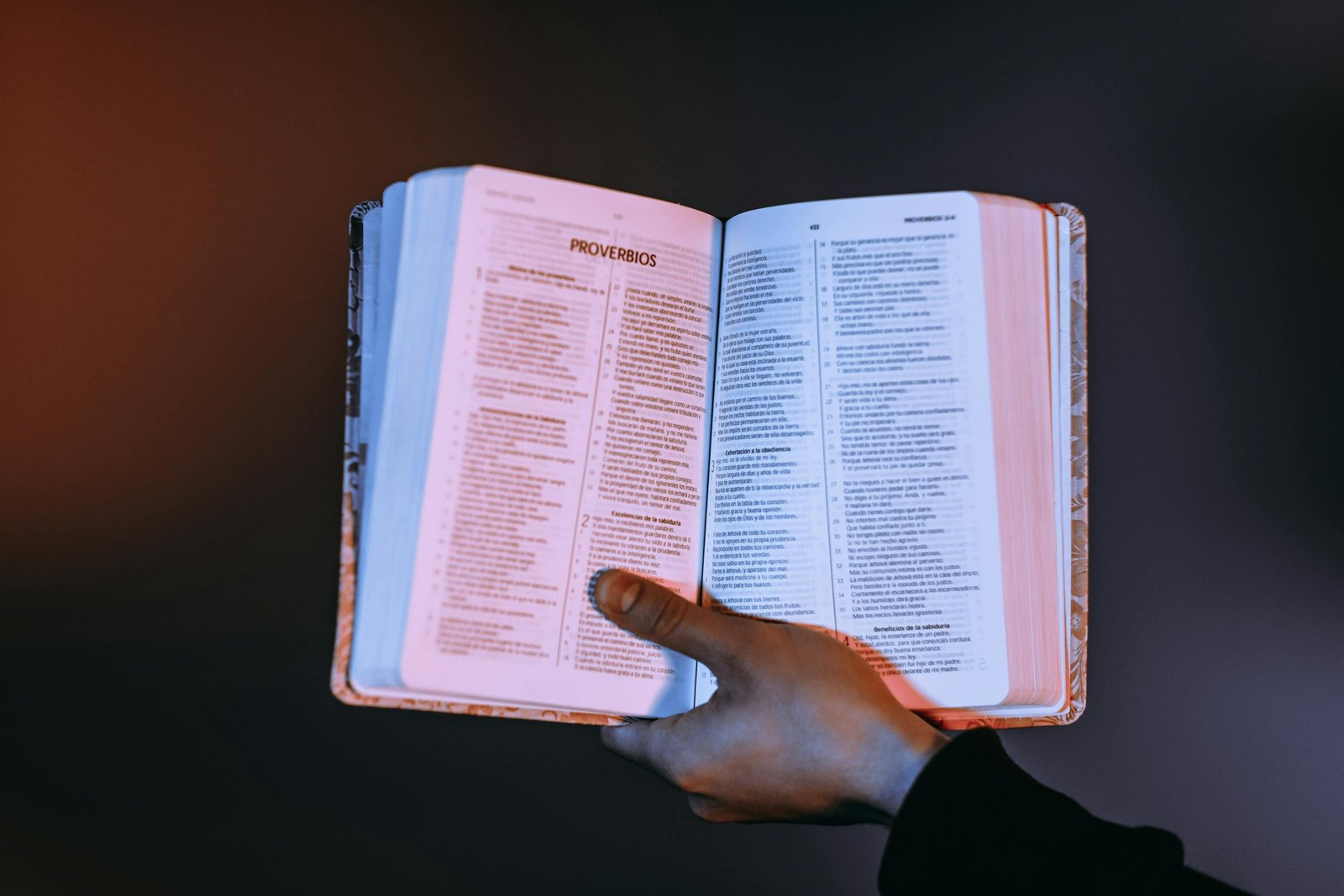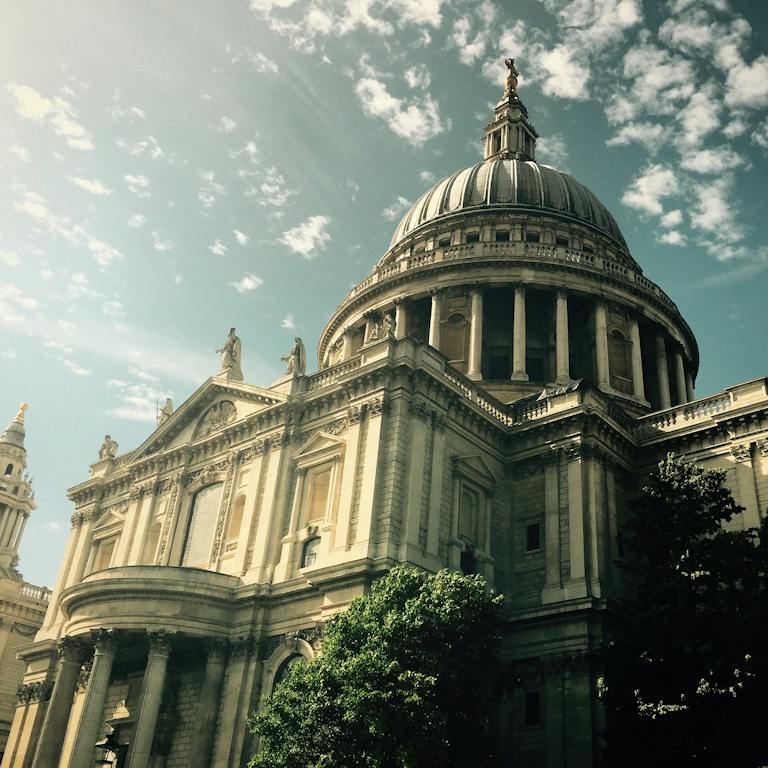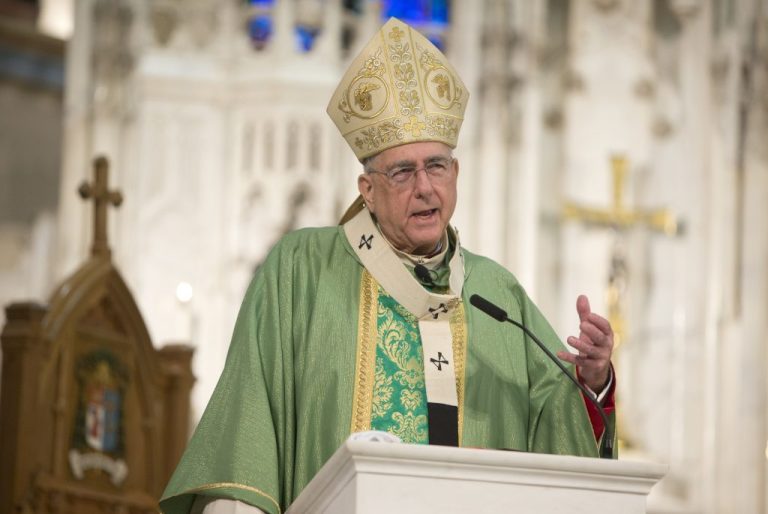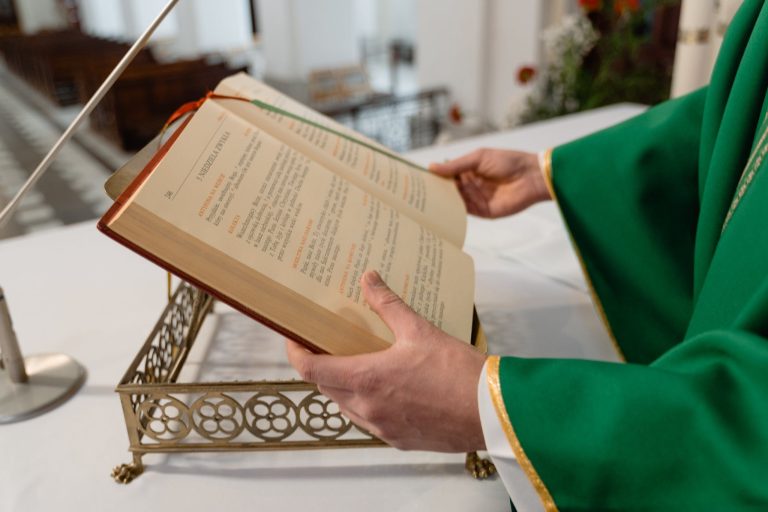Apostle Creed Catholic
The Apostles’ Creed is one of the oldest and most influential statements of Christian belief. Recited at Mass and during other prayers, this brief summation of core doctrines unites Catholics worldwide in our common faith rooted in the teachings of Jesus Christ and the apostles. But what exactly does the Creed mean?
In this post, I’ll explore the origins and purpose of the Apostles’ Creed, provide a line-by-line commentary on its meaning, and reflect on how we can live out its tenets more fully in our daily lives.
What is the Apostles’ Creed?
The Apostles’ Creed originated as a baptismal confession of faith in the early Christian church. It did not come directly from the 12 apostles themselves, but it summarizes core doctrines that the apostles taught and the first Christians believed. Over time, church leaders developed this Creed into the form we recognize today. Consisting of less than 150 words, it outlines our beliefs about God the Father, Jesus Christ, the Holy Spirit, the Church, and eternal life.
The widespread use of the Apostles’ Creed reflects the Catholic Church’s remarkable unity worldwide. From country to country, whether we speak English, Spanish, Swahili or Korean, Catholics profess this single, common statement of faith. The Creed unites us not only with each another but also with past and future generations of believers spanning over two millennia.
Line-By-Line Commentary
Let’s explore the meaning behind each line of the Apostles’ Creed:
“I believe in God, the Father Almighty, Creator of heaven and earth.”
The existence of God – Father, Son and Holy Spirit – stands foremost in the Creed. Catholics belong to a monotheistic religion affirming belief in one God manifested in three persons. God’s titles here highlight core attributes: the Almighty Creator on whom all things depend.
“And in Jesus Christ, His only Son, our Lord.”
Jesus was not just a wise teacher or admirable moral example. He is God’s “only Son,” sharing the divine nature, born of a virgin by the power of the Holy Spirit. The title “our Lord” indicates Christ’s authority over all creation as well as his headship over the Church.
“Who was conceived by the Holy Spirit, born of the Virgin Mary”
The prophets foretold that Jesus would enter this world in a miraculous, unprecedented way. He did not become a man through relationships with men; rather, the Holy Spirit’s creative power brought about his incarnation. He was physically born of Mary, who remained a virgin.
“Suffered under Pontius Pilate, was crucified, died and was buried.”
Jesus’ suffering was not an accident but culminated in his very purpose in coming – to offer himself for the sins of humanity. Though innocent, he permitted execution under a Roman ruler. His death was excruciating and involved total bodily failure, not merely fainting or swooning, as some have claimed. Jesus corpse was handled carefully and laid in a tomb, awaiting the miracle of the resurrection.
“He descended into hell. The third day he rose again from the dead.”
Jesus first descended to the realm of the dead, traditionally called hell – not today’s conception of a place of punishment. His triumph over death was displayed by his bodily resurrection after three days. Christ’s resurrection – a well documented historical event – serves as the basis of hope for eternal life for all believers.
“He ascended into heaven and sits at the right hand of God the Father Almighty.”
The resurrected Jesus was visibly lifted up into heaven, demonstrating his divine glory and authority. To “sit at the right hand” signifies being in the place of highest honor. Jesus shares now and forever in functions such as sustaining the universe that Christians ascribe to God alone.
“From thence he shall come to judge the living and the dead.”
A future visible return of Christ will bring human history to a climax. Jesus will enact perfect justice, assessing the lives, deeds, character, and thoughts of every person, whether alive or dead at his coming. The prospect of Christ’s future judgment motivates moral transformation now.
“I believe in the Holy Spirit,”
God is at work in the world today through his Holy Spirit, who empowers believers with new life. The Spirit enables us to understand God’s truth, convicts us of sin, generates faith within us, produces Christlike character, comforts in affliction, grants spiritual gifts for ministry, and much more.
“The holy catholic Church, the communion of saints,”
The Creed affirms that the Holy Spirit forms an invisible, universal fellowship of all sincere believers in Jesus across time, culture, race, and denomination. There is profound spiritual unity and shared eternal life between all who give themselves fully to Christ, whether on earth now or already in God’s presence.
“The forgiveness of sins,”
Through Jesus’ shed blood on the cross, God extends pardoning grace that removes the guilt, penalty and shame due to all forms of sin for those who repent and believe in Christ. As members of Christ’s body, the Church, Catholics regularly appropriate this forgiveness anew by confessing particular sins and receiving absolution.
“The resurrection of the body,”
What’s promised to Christ will be granted to believers as well—a resurrection of our entire selves into an eternal bodily existence, transformed and perfected. The created physical world matters so much to God that he plans to redeem it completely from all effects of sin forever.
“And life everlasting.”
Ultimate hope shines through the whole Creed – the promise of unending life in fellowship with our Creator; a future even brighter and greater than Eden before the fall. This life begins spiritually now and continues after death until the resurrection of the body.
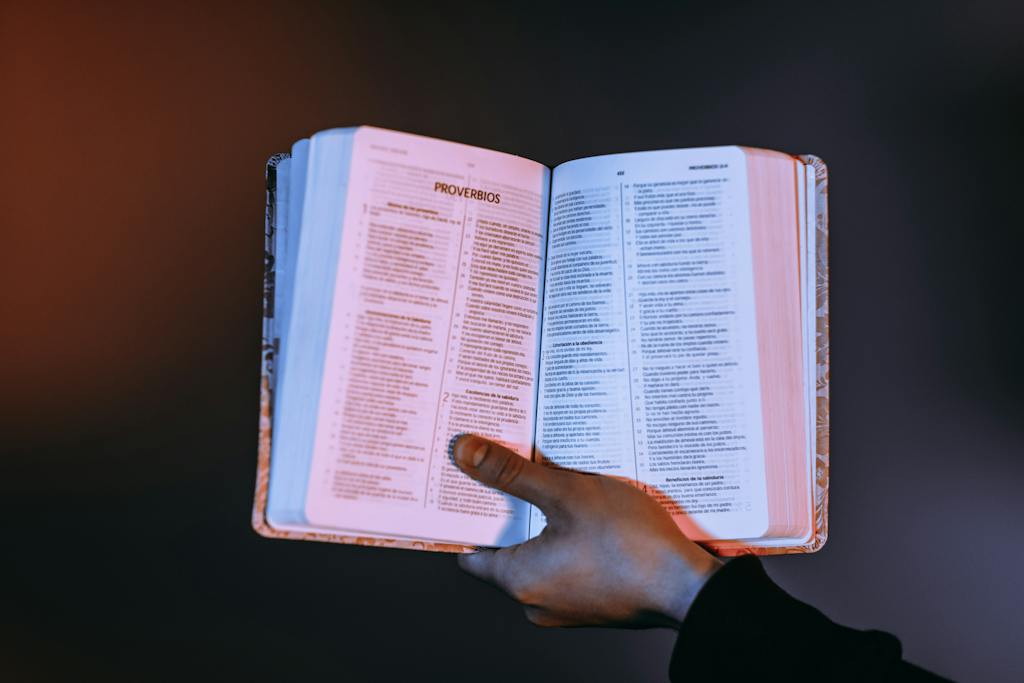
Living Out Our Faith
In summary, standing together each Mass to recite the Apostles’ Creed connects us through the ages, grounds us in common beliefs, balances key doctrines, and inspires us to join the saints in living holy lives. I hope reviewing the Creed’s core doctrines renews both your minds and hearts to follow Jesus more closely today.
Let’s pray for each other that our beliefs expressed on Sundays transform increasingly into actions of obedience and service each day of the week.

